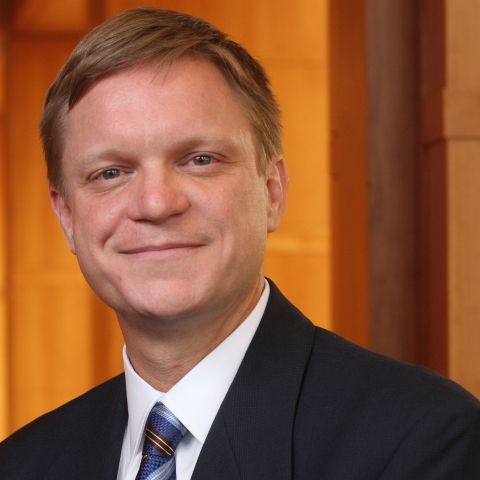
Biases in judgment and decision-making often arise at the level of first-order thoughts. If these initial thoughts are not overridden by second-order thoughts, they may lead to biased outputs. Current psychological models of legal actors assume that individuals are largely incapable of overcoming these first-order biasing thoughts and that these thoughts consequently lead to irrational and discriminatory behaviors. These models ignore considerable evidence that individuals often naturally engage in self-correction and that situational pressures often encourage self-correction. I discuss the conditions under which self-correction may occur and the possibilities and limits for the law in promoting self-correction to overcome biased judgments, decisions, and behavior.